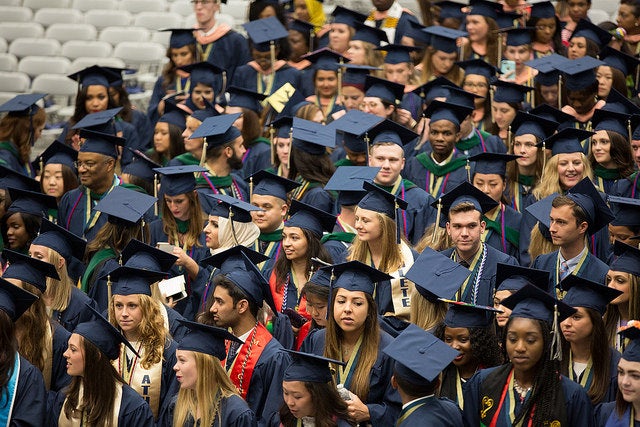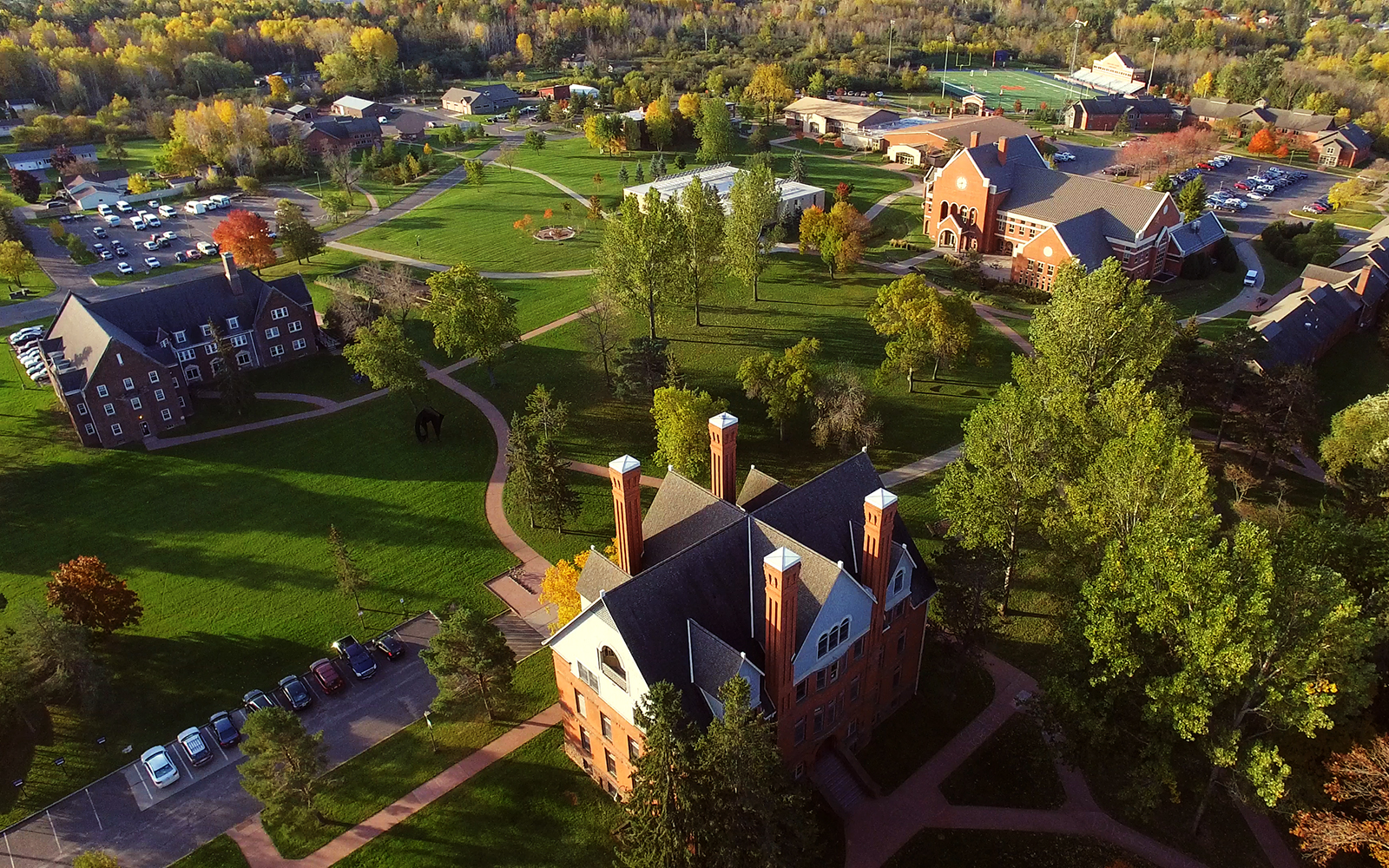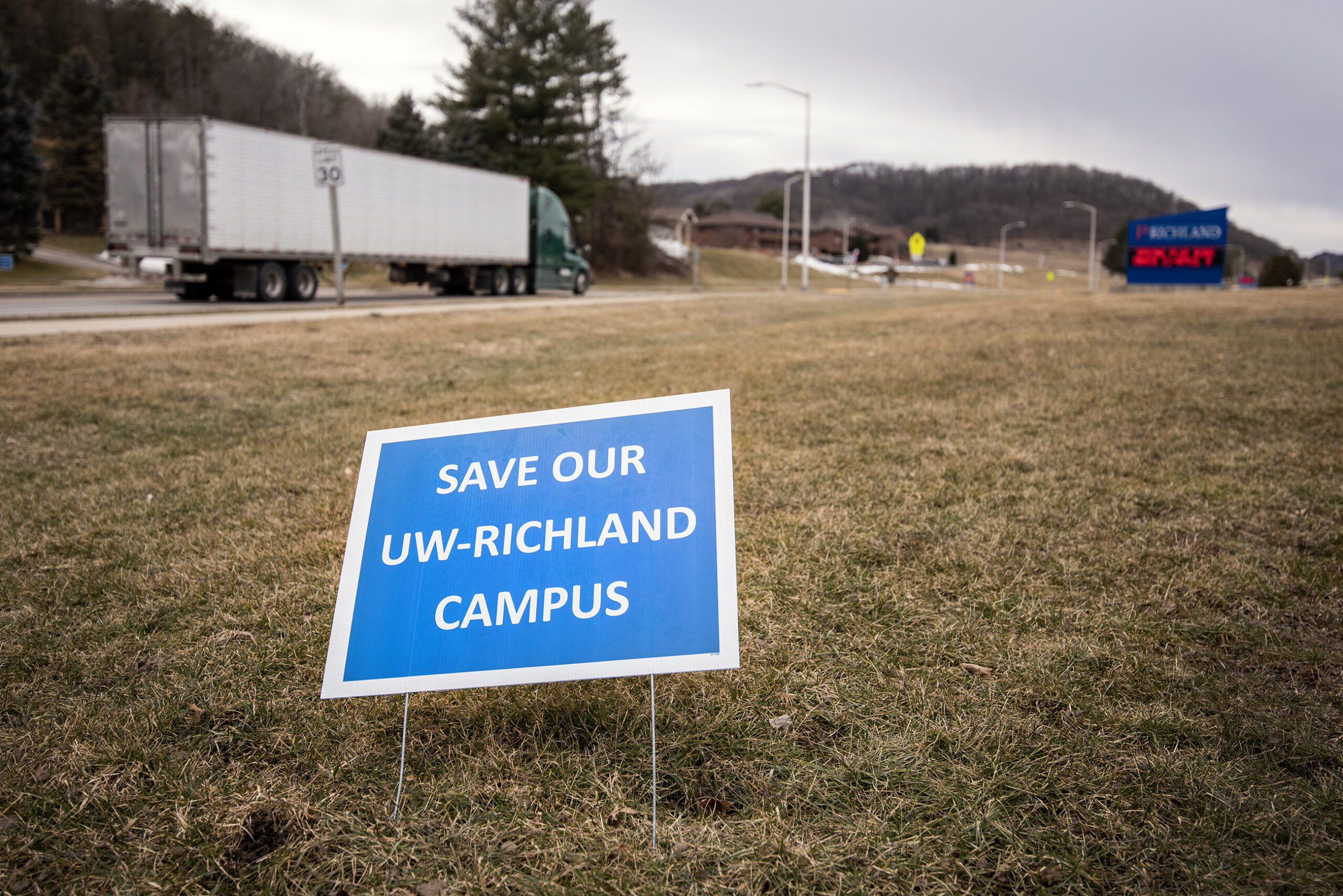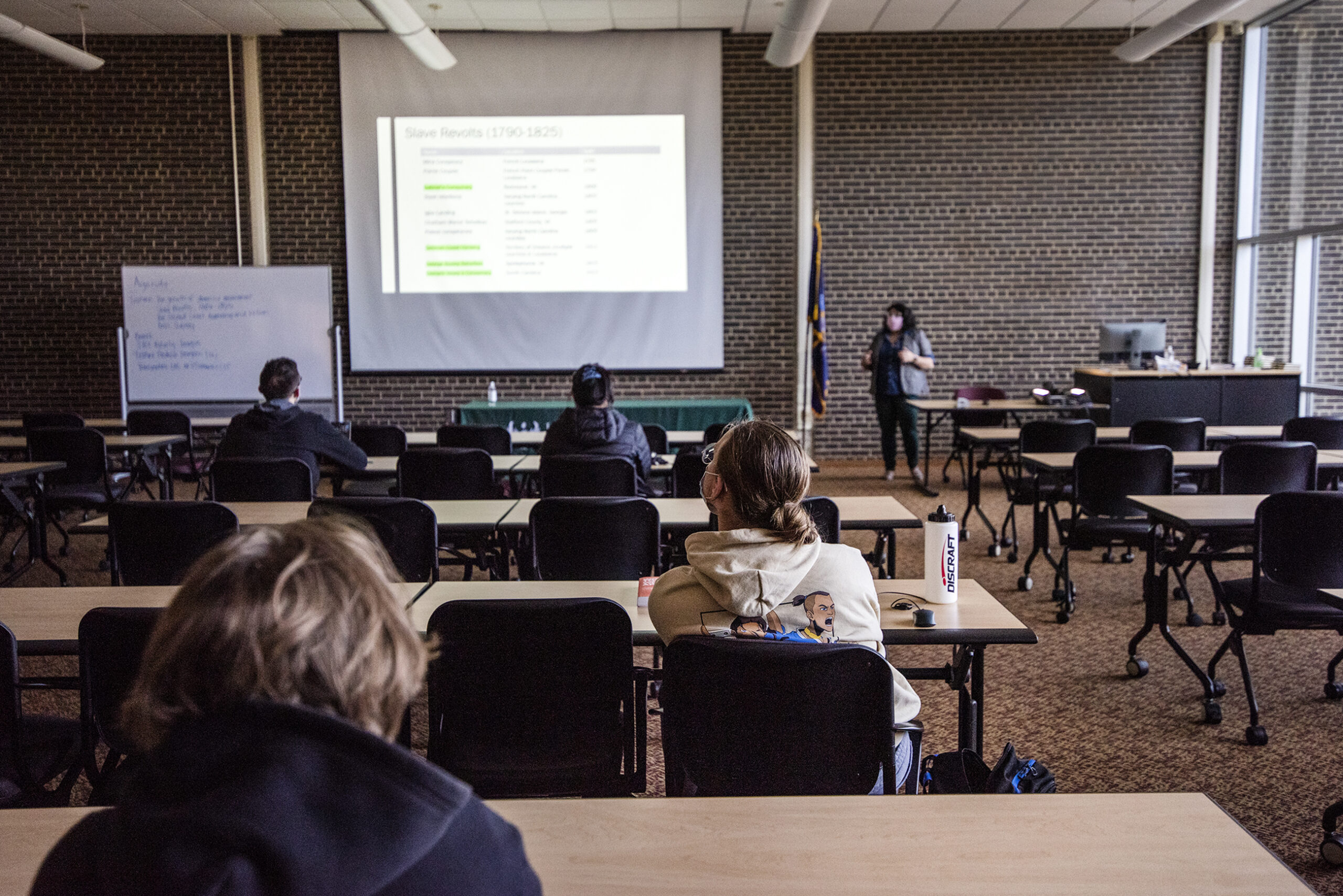Last week we talked with a national reporter about the exportation of recyclable goods, but this week we’re checking back in with our local recycling organizations. We talk to a Wisconsin recycling expert about the do’s and don’t’s of recycling in our state. We also discuss whether distinguished titles like cum laude, magna cum laude and other honors are being given too readily to college students. Plus, a look at reports that North Korea is developing new long-range missiles.
Featured in this Show
-
Report Indicates North Korea Building New Long-Range Missiles
According to a new report from The Washington Post, US intelligence agencies believe satellite images show North Korea building new long-range missiles. We talk with an expert on North Korea about where it leaves the agreement reached by President Trump and Kim Jong-Un in June.
-
To Make Recycling Worthwhile, Be A Smart Recycler
Last week, we talked with a national reporter about the process of exporting recyclables. This week, we focus on the recycling efforts in our own state. We talk with a Wisconsin recycling expert about the challenges facing the recycling network in Wisconsin and what you can do things more profitable and environmentally friendly.
-
Grade Inflation Continues As More Students Get Grades of A, A-
More students are graduating with honors, making it more difficult for businesses to differentiate between mediocre and exceptional students, a former professor and researcher says.
Stuart Rojstaczer, a writer and former professor of geophysics at Duke University, said this is a product of grade inflation, where an A is as common today as a C was in the 1960s.
“In a way, grades are currency, and there’s a natural tendency for any currency to inflate over time,” Rojstaczer said.
Rojstaczer, who has studied grade inflation, found that 45 percent of all grades given at four-year colleges and universities now are either an A or A-. That trend began to show in the 1990s and continues to show today, he said, but it was established in the 1980s with a shift toward viewing the student as a consumer.
“Students were no longer acolytes in search of knowledge, but were customers,” he said, noting it was during that time that tuition costs started to outpace family income. That affected the mindset of families who believed they were buying something, in this case higher grades, with the tuition costs.
According to his research, public school grade point averages increased on average from about 2.75 in 1983 to about 3.1 in 2013.
Data compiled by Rojstaczer show that the University of Wisconsin-Madison’s average GPA was 2.8 in 1969 and 3.25 in 2014. UW-Milwaukee students’ average GPA changed about 0.3 points to 2.92 in 2013 from 1969. UW-Oshkosh students earned an average GPA of 2.44 in 1969, which increased to 2.98 in 2013.
Rojstaczer took the average GPAs students earned, gathered from more than 200 schools from multiple sources such a administrators, newspapers and campus publications to determine the average grade-point average of students attending school that semester or year.
Grade inflation occurred in the 1960s, but Rojstaczer postulates that was because teachers feared failed students would end up fighting in Vietnam. In this era, B was the most common grade. The 1970s saw a dip in grade averages until the mid-80s, which set the new prevalence of the A.
Image courtesy of gradeinflation.comThere also was an awareness generated by universities and colleges of their peers’ performances, which put pressure on professors to bend to the trend so that their own students had an advantage over students at other schools, he said.
“Employers and graduate schools tend to look at grade-point as an indicator of whether a student is employable or admittable to their graduate and professional program,” he said.
Rojstaczer, who is from Milwaukee and a graduate of UW-Madison, said as a professor he stopped giving students Cs in 1998.
“It just became too objectionable to students to give that kind of grade at the university, where about half the student body graduates with about a 3.65 GPA or better.”
There are currently no alternatives to grades, Rojstaczer stated. Developed about 100 years ago, the four-point scale was a good indicator for employers of whether the student could perform the job well. But that system is no longer as useful.
“When you have half the student body graduating with honors, it creates a problem for employers when they try to identify outstanding students,” Rojstaczer said, noting that while a student could look well on paper, employers might find that student to be disengaged, unknowledgeable and lacking skills once they get into the job.
However, there are other options professors could use, for example writing extensive descriptions of how well they think each student performed.
“That’s probably not practical, except at a few small colleges,” he said.
Rojstaczer said one of the problems with grade inflation is that it can end up penalizing those who work harder. It also instills more anxiety in harder-working students who want to find some way of making themselves stand out from the majority.
Princeton University tried in the past to deflate grades but reneged after receiving so many complaints about the new system. Rojstaczer doesn’t think such an effort will work, but he said creating a new grade category might be an alternative.
“It’s possible that by creating a super-grade, and admitting that an A is just for a good student — which is really what we’ve done now — we will have created at least a few more decades of a workable system,” he said.
-
Latin Honors Becoming New Norm With Higher GPA's
For college students in the Vietnam War era, getting a “C” was average, as the grade suggests. But in today’s college world, and for much of the last two decades, getting an “A” is considered the norm. This means more students are graduating with Magna Cum Laude or other Latin honors than ever before. We talk about the history of grade inflation with an expert.
Episode Credits
- Rob Ferrett Host
- Dean Knetter Producer
- Natalie Guyette Producer
- Jean Lee Guest
- Meleesa Johnson Guest
- Stuart Rojstaczer Guest
Wisconsin Public Radio, © Copyright 2025, Board of Regents of the University of Wisconsin System and Wisconsin Educational Communications Board.




